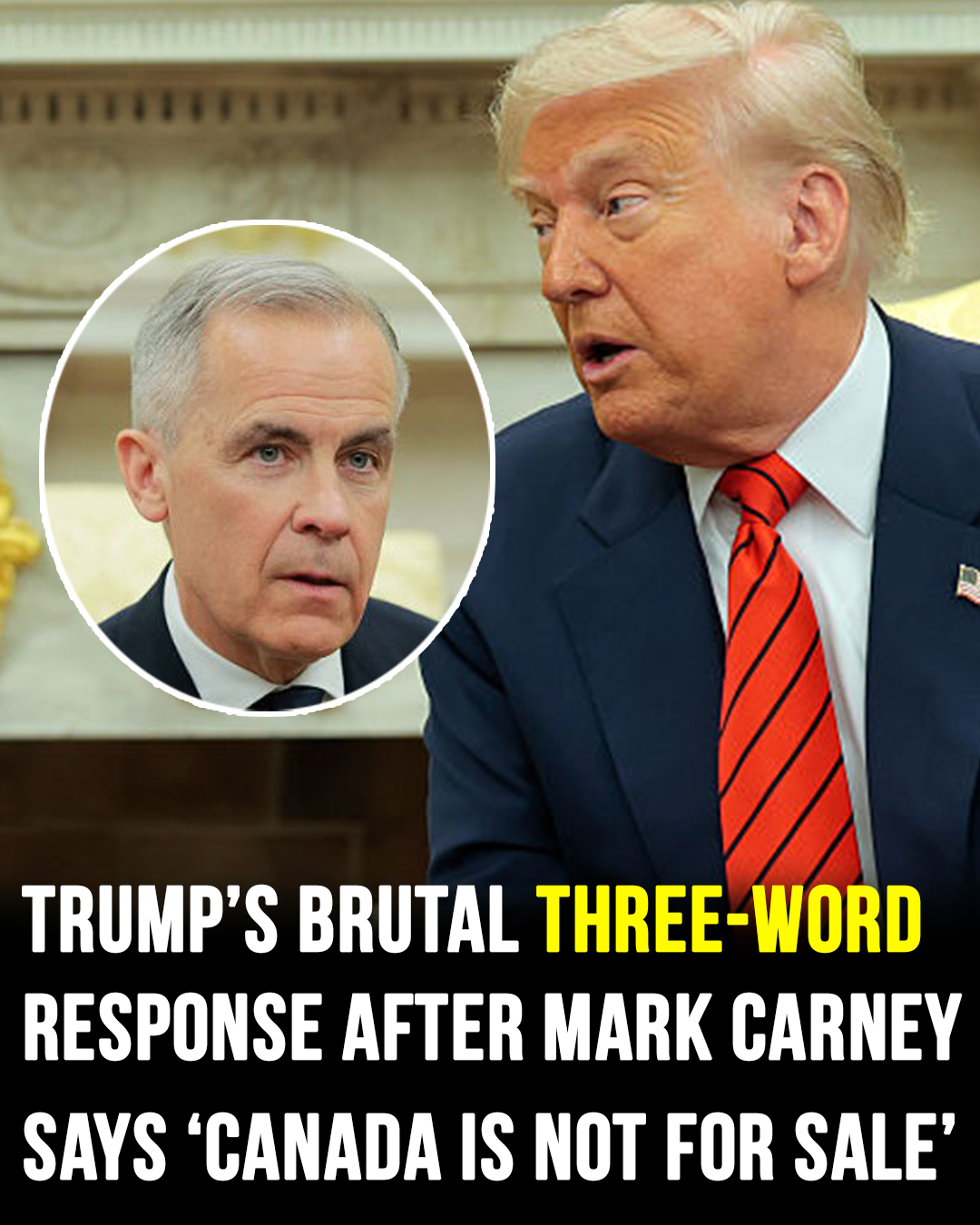Mark Carney Shuts Down Trump’s “51st State” Talk During White House Visit
Canada’s new Prime Minister, Mark Carney, made his first official visit to the White House on May 6 — and it didn’t take long for U.S. President Donald Trump to revive one of his more eyebrow-raising obsessions: the idea of Canada becoming America’s 51st state.
What was meant to be a diplomatic sit-down quickly turned into a symbolic showdown, with Carney making it crystal clear — Canada is not for sale.
“As you know from real estate, there are some places that are never for sale,” Carney stated firmly. “It’s not for sale. Won’t be for sale, ever.”
Trump’s Favorite Fantasy
According to reporters, Trump had hinted even before the meeting that he wasn’t quite sure what the newly elected Canadian leader had in mind for their first talks.
“I guess he wants to make a deal. Everybody does,” Trump said, just hours before the two met in front of the cameras.
That “deal,” however, took a twist when Trump again floated the idea of a “wonderful marriage” between the U.S. and Canada — language that clearly irked Carney.
While the two exchanged polite compliments — with Trump calling Carney “a very talented person,” and Carney labeling Trump “a transformational president” — the conversation turned awkwardly symbolic once again when Trump hinted the door to Canadian statehood was still open.
“Never say never,” Trump said, adding, “I’ve had many, many things that were not doable and ended up being doable.”
Carney’s Clear Red Line
Carney, channeling the quiet firmness of his predecessor Justin Trudeau, didn’t budge. He likened Canada to enduring institutions like Buckingham Palace and the Oval Office — things too iconic, too sovereign, and too deeply rooted to ever be “merged” or absorbed.
“We are masters in our own home,” Carney said. “We can give ourselves far more than any foreign government can ever take away.”
The Body Language Breakdown
According to body language expert Beth Dawson, the interaction outside the White House revealed more than either leader may have said outright.
“Carney was assertive, but also seemed slightly apprehensive,” she noted. “The elbow touch shows he wanted to establish a connection on equal terms. His expression reflected determination, but he appeared somewhat cautious next to Trump’s overpowering presence.”
Dawson added that Trump’s demeanor remained typical — confident, boundary-pushing, and unafraid to test political and diplomatic limits.
Just Talk — Or Something Bigger?
While most political insiders see Trump’s comments as typical showmanship, they still underscore the very different worldviews at play. For Carney, maintaining Canada’s independence and identity is non-negotiable. For Trump, every boundary is potentially flexible — especially if he can frame it as a “deal.”
Whether the statehood talk was serious or symbolic, one thing was made clear during Carney’s visit: Canada is staying put — proudly north of the border, and not interested in becoming a U.S. star anytime soon.
Would you ever want to see Canada become the 51st state?




